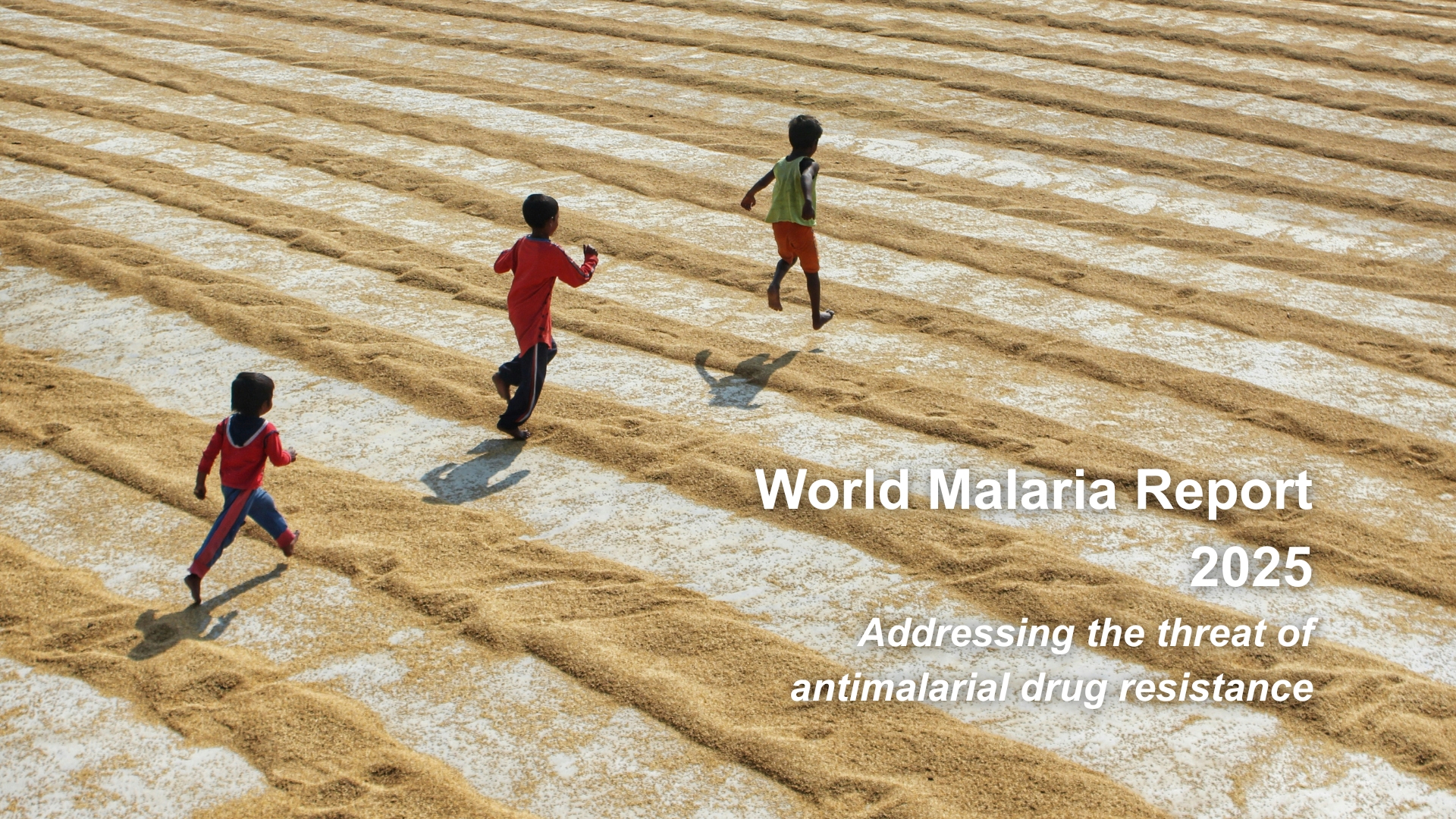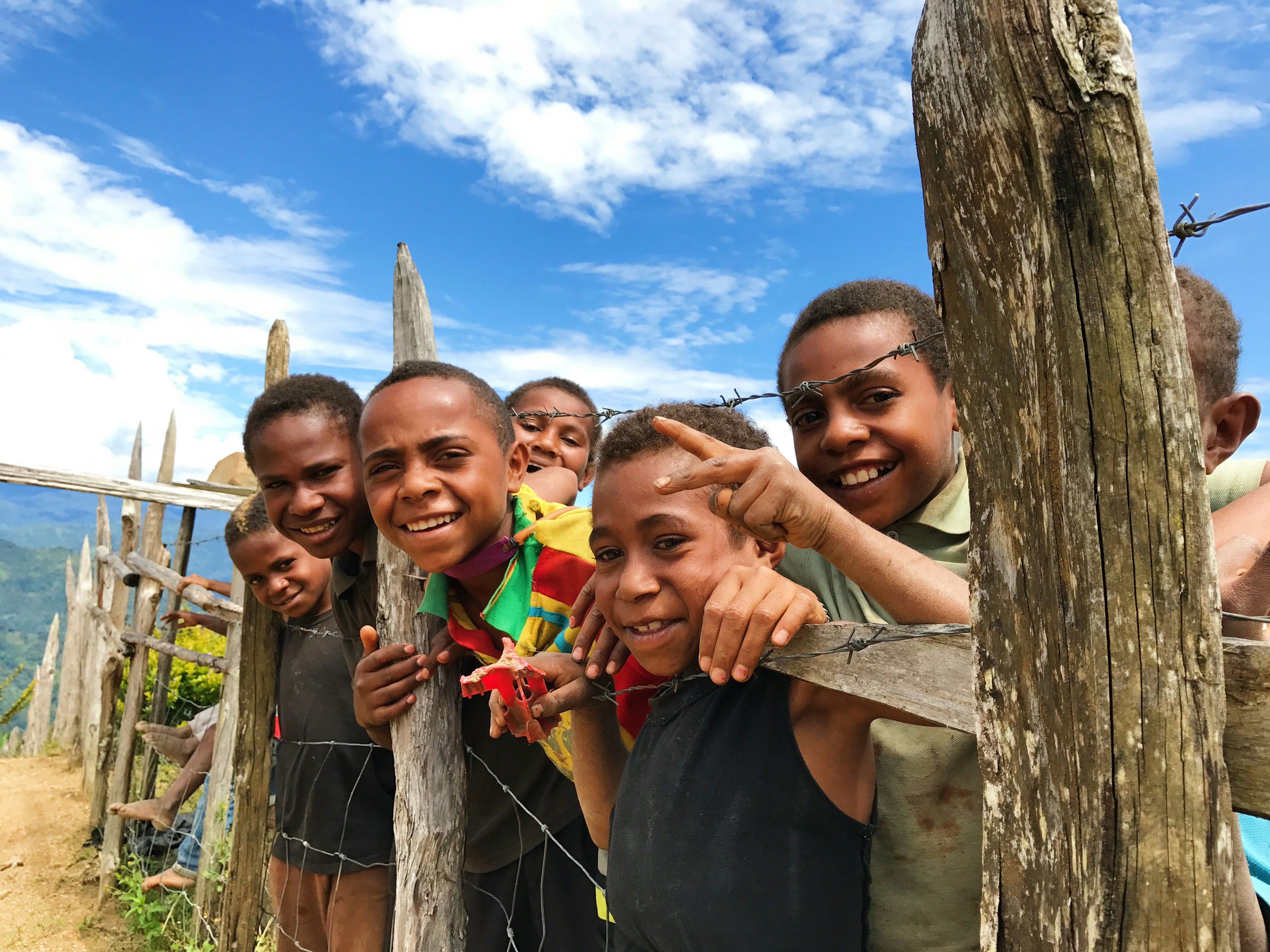
With a 64% reduction in malaria cases since 2010, Asia Pacific has made impressive progress towards malaria elimination. Much of this success is due to regular and ongoing efforts to survey, test, treat, and monitor malaria cases. As a communicable disease, malaria is apt to resurge if these efforts lose momentum. This is a concern for countries that have nearly eliminated the disease and even for countries like Sri Lanka and China which have been declared malaria-free.
Until malaria is eliminated everywhere, resurgence remains a deadly threat. That is why national malaria programmes as well as institutions like the Global Fund see sustainability as a core component to ensure long-term success against this disease. Research from the Global Fund and the University of California San Fransisco’s Malaria Elimination Initiative have identified five key domains of sustainability:

APLMA partnered with the Malaria Elimination Initiative to develop a Thematic Feature on sustainable malaria financing in Asia Pacific. This Thematic Feature looked at six country cases to share examples and best practices on how to implement activities and programmes across all sustainability domains.
Leadership and Management
From 30 million malaria cases annually in the 1940s to being certified malaria-free in 2021, China’s success in eliminating malaria stems from strong and sustained political commitment. Strong high-levelleadership helped ensure malaria elimination laws, policies, and budget allocations were made and sustained at national and local levels to successfully eliminate this deadly disease. In Vietnam, many leaders inmalaria-free provinces show continued commitment to maintaining theirmalaria-free status.
Integration
Three years after successfully achieving malaria elimination, China continues to utilize a strong whole-of-governmentapproach to ensure their malaria programme is integrated within the health system and beyond. Over a dozen different Ministries and departments continue working together to track imported malaria cases and prevent re-establishmentof malaria. The Philippines have also made strong progress towards establishing Universal Health Coverage to integrate malaria and many other health challenges into the health system for improved efficiency and patientcare. In Vietnam, some district-level malaria programmes have already begun integrating malaria services with other communicable diseases like dengue.
Health Workforce for Malaria
Even after successfully eliminating malaria in 2016, Sri Lanka continues to ensure knowledge of malaria remains strong among the health workforce. Malaria is still featured in undergraduate medical coursework, and Anti-Malaria Campaign personnel regularly give talks and raise awareness of malaria efforts for practicing clinicians and field staff across the country. In Thailand, an estimated 48% of remaining vertical malaria programme staff nearing retirement age provided the impetus to strengthen already ongoing efforts to integrate, train and empower health services in malaria elimination efforts. In Cambodia, the government is working to strengthen internal human resource capacity after realizing an over-reliance on civil society implementors could risk long-term sustainability in malaria efforts.
Health Product Management
Despite having eliminated malaria years ago, Sri Lanka maintains a strong supply chain for malaria medicines and diagnostic tools. Guidelines are in place to ensure commodities like intravenous artesunate, an important treatment for malaria, are made available in any part of the country within two hours of a request.
Financing
In Thailand, the Division of Vector Borne Diseases has engaged with Local Administrative Organizations (LAOs), the subnational governmental units of Thailand, to secure domestic funding for malaria-related activities through LAO budgets. The Philippines have also developed multiple streams of domestic financing for malaria, including through a Special Health Fund, earmarked funds in national and local government budgets, and even through their reformed tax law on tobacco and alcohol products. By comparison, Cambodia still receives90% of all malaria financing from external donors including the Global Fund. To ensure successful and sustained malaria elimination efforts, Cambodia is in the process of undergoing a landscape assessment to quantify future financing requirements and potential domestic and international funding sources.
Many countries in Asia Pacific are at the last mile of malaria elimination. The dual challenge of eliminating malaria at the last mile and preventing malaria re-establishment requires ongoing programmatic effort. A successful transition to a sustainable malaria programme requires active advance planning and continued efforts to embed malaria elimination as part of a whole-of-government approach. Learn more about best practices and recommendations for a sustainable transition in this Sustainability Thematic Feature.
READ THE FULL FEATURE

.svg)


.jpg)






